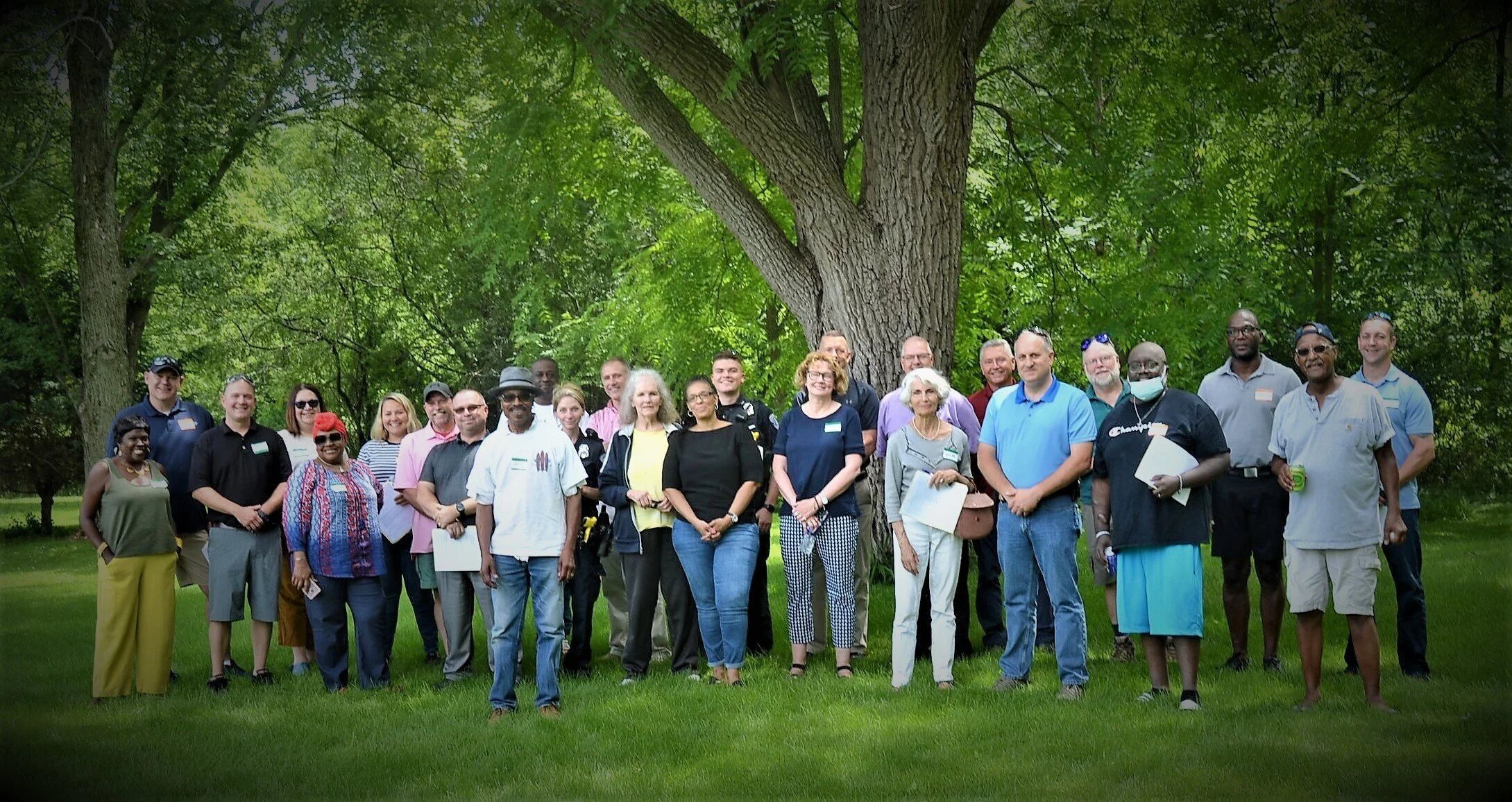Message from Dr. Lucien Lombardo, HTCJP Board member
Hello ALL:
Please visit the link below as published via search-intitute.org providing helpful tips so parents can teach their children how to be good citizens while navigating the COVID-19 health crisis:
In the blog, the author, Amy K. Syvertsen, PhD writes: I would suggest that some good will have come from this crisis if, on the other side of all of this, we’ve taught our kids . . .
· that our community works together to take care of one another;
· about their responsibilities for the greater good (including people and public spaces), even if they’re still little;
· to notice (and show gratitude for) the people who serve our community in important and diverse ways; and
· to see and understand injustice, and that even in times of crisis not everyone is afforded the same protections and resources.
* * *
When we were children, we all had experiences and interactions that taught us how to relate to others in our community. We had these interactions with our parents and other adults in our lives. Let’s all take some time to think about the lessons and examples of when and how we learned about “social responsibilities” when we were children.
To spark dialogue, below is commentary written by one of Dr. Lombardo’s students on how she learned about social responsibility as a child:
“In response to my childhood, I learned of social responsibilities from my parents by lessons of being neighborly and the importance of manners.
Growing up in the harsh winters of Rochester, NY, I would often aid in the shoveling of my family’s driveway and sidewalk. We had elderly neighbors and my parents would ask my brothers and I to take our shoveling beyond our driveway and walkway to that of our neighbors, who lacked the physical ability to remove the snow off their property. We did so in compliance, without the thought of monetary compensation. Beyond the initial parental request, we would shovel our neighbors driveways out of habit and understanding that it was something that we did to help our neighbors. This one act carried over into dragging of the trash cans from door to street for these same neighbors, and the mowing of yards and other selfless acts.
Regarding manners, we were also taught as children to say please and thank you, to hold doors for others, to look people in the eyes when we spoke, to ask others if we could help. I think that manners are important when interacting with others, it shows a sense of care and intention and connects us in a small way to other members of our community.
As a mother, I carry these lessons over into my own child rearing. My son aids me in asking elderly people if we can help load groceries in their car or return their cart for them. I’ve taught my son to appreciate those who provide service in our area. In the summer, I carry a cooler of water and Gatorade in my car and we hand them out to construction workers and thank them for their hard work.
I think there is great value in acknowledging and appreciating those around us who are often in “thankless” positions.
Through leading by example, I hope my son carries on these lessons so that he too can maintain the attitude that “we are all in this together” and that random acts of kindness are mutually beneficial for the well being of our own state of happiness and the sense of belonging with those around us.””
How did you learn about social responsibility as a child?
Comment below or share your experiences directly to: htcjpauburn@gmail.com
Your input will support HTCJP’s Thematic Focus to stimulate the telling of stories from our childhood to help the community learn about how we can all promote justice and peace as key principles in the lives of our children as they move into and make the future for their children!



